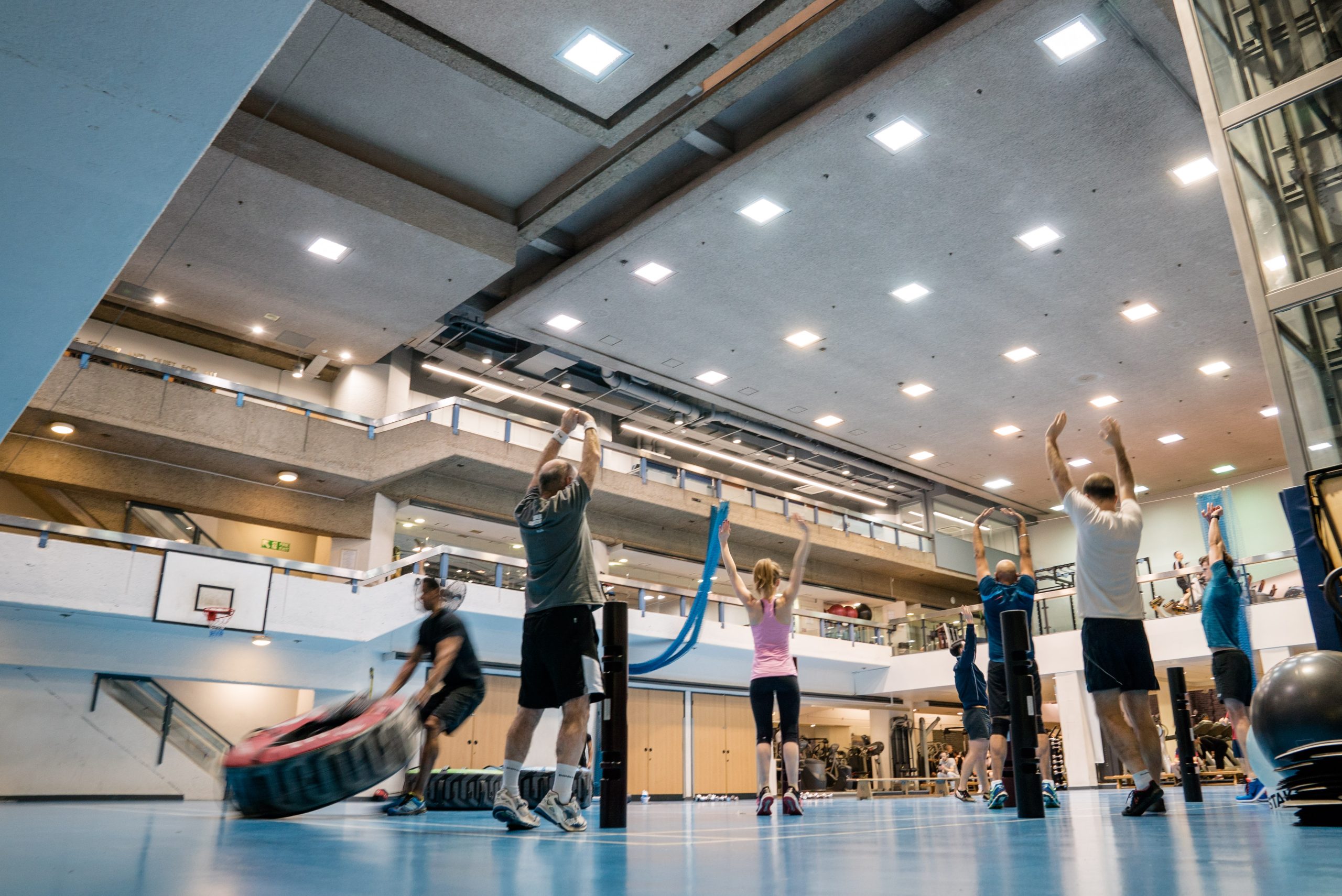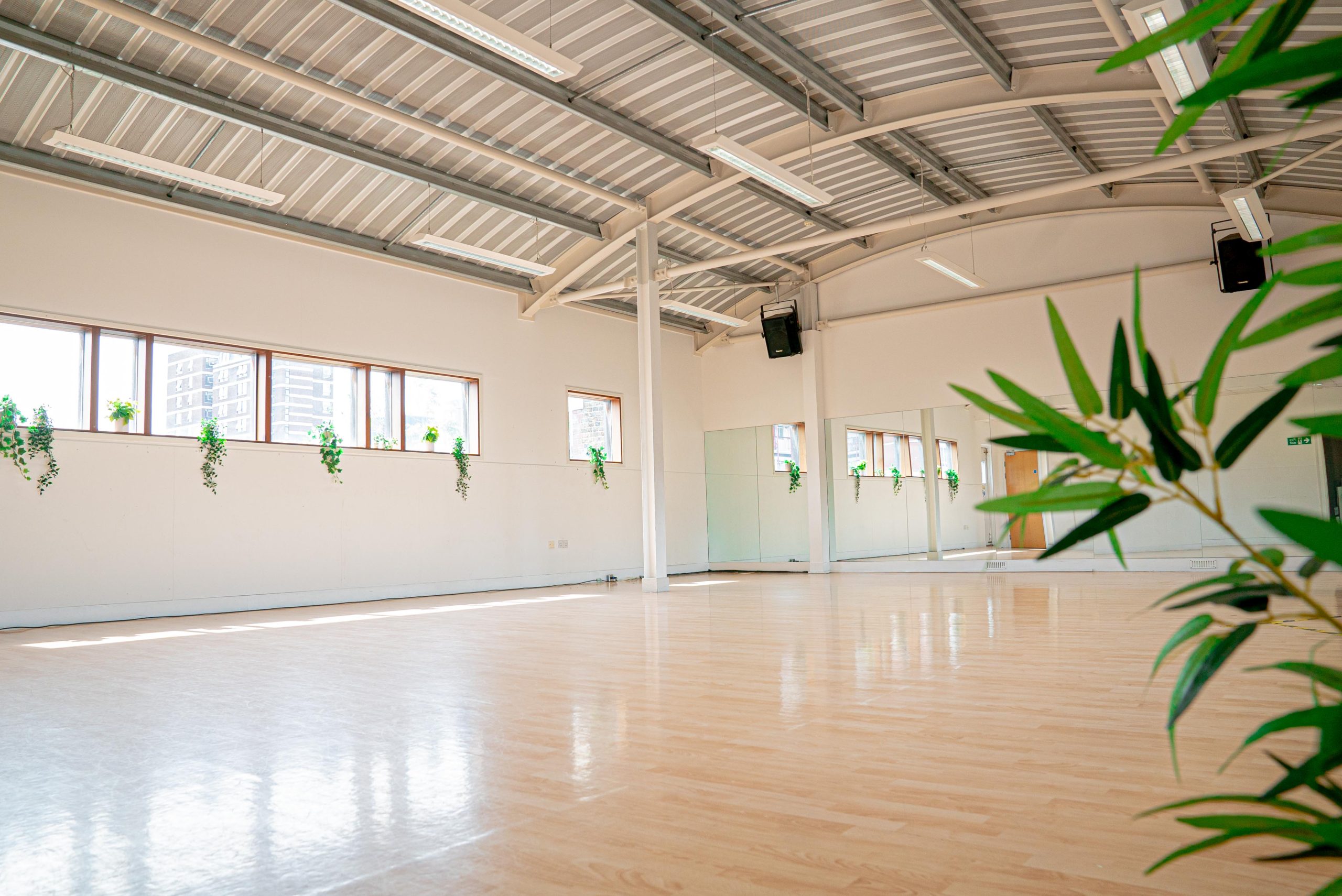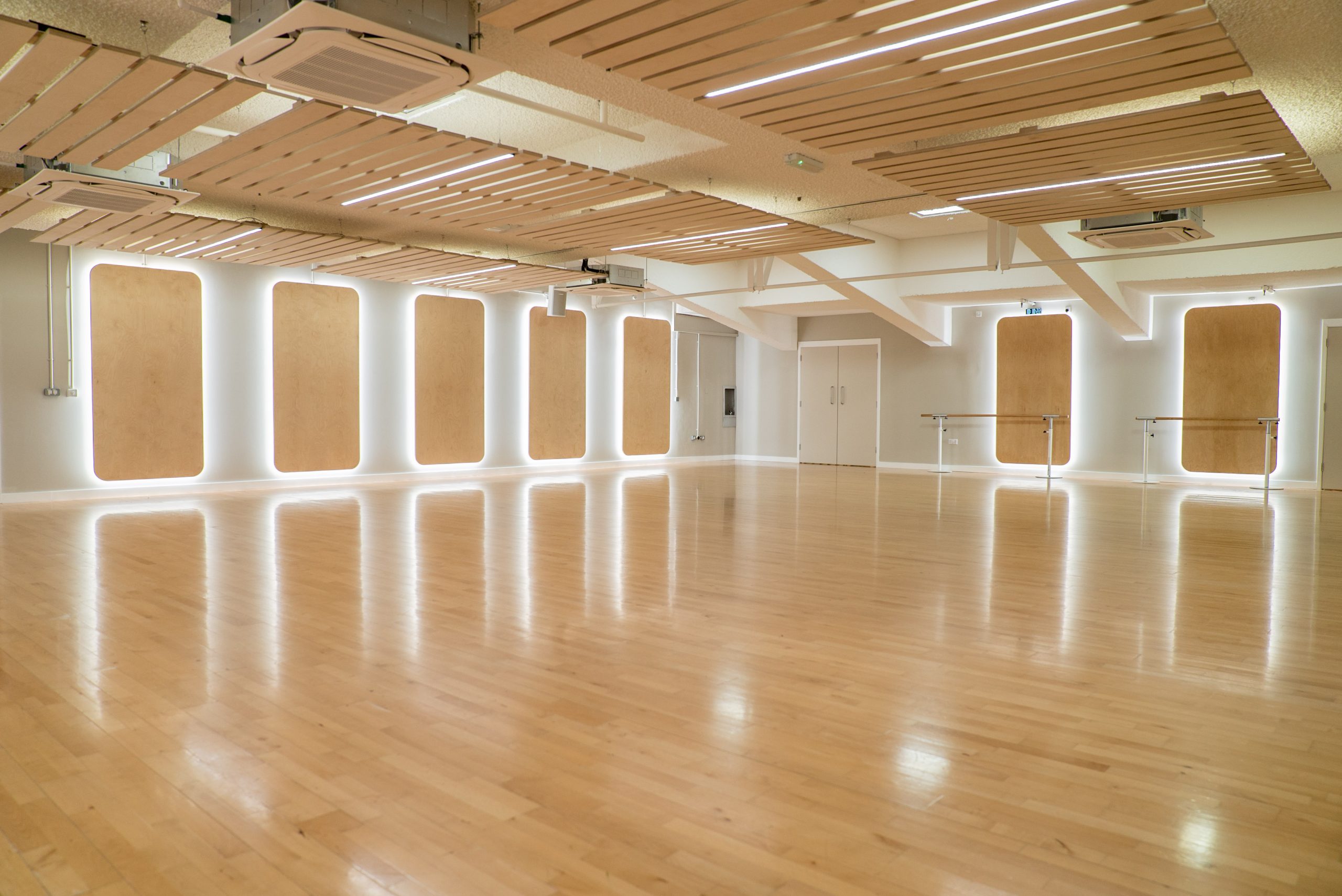Fitness for Older Adults: How to stay active over 60
Physical fitness is essential for our health throughout every phase of our lives. The NHS recommends that older adults get at least 150 minutes of moderate exercise or 75 minutes of intense exercise each week. They also encourage older people to do activities that increase strength, balance, and flexibility at least twice a week.
If you don’t have a regular exercise routine at the moment, those numbers may sound daunting. But staying active in our golden years comes with so many benefits:
- Increase mobility
- Reduce health problems that result from inactivity
- Maintain good heart health
- Improve bone density and prevent osteoporosis
- Strengthen muscles to prevent falls
- Have more energy to do fun things like travel or play with your grandchildren!
Here are some of our favourite tips on how to stay active over 60 and find an exercise routine that you can stick with:
Find a form of exercise you enjoy
There are countless types of exercise, so there’s bound to be one you’ll love… it may just take some trial and error to find the one that sticks! Classic options include running, weightlifting, cycling, and tennis. If you’re after something a bit lower impact, there are plenty of low intensity ways to move that will still give you a great workout. Some of our favourites include walking, swimming, yoga, tai chi, water aerobics, and one of the newer exercise trends, pickleball.
Eat healthy
Eating the right balance of nutrients gives you the energy you’ll need to stay active and go about your daily activities. A good rule of thumb is to limit ultra-processed and sugary foods and incorporate as many different fruits and vegetables into your diet as possible. A couple of easy swaps you can make are opting for whole grains and brown rice versus the more processed equivalents and changing out red meat for leaner forms of protein like chicken, fish, legumes, or tofu.
Turn exercise into a social occasion
Working out doesn’t need to feel like a chore, and getting some friends involved will make the experience a lot more fun! If you’re interested in social workouts, we offer dozens of classes at the Club each week that are designed for members over the age of 60. You can even continue the fun after class by grabbing a coffee or a smoothie together from our onsite café! Additionally, we offer regular social opportunities for our older members, such as day trips and social teas. Read more about the programme here.
Aim for a balance between different forms of exercise
Health professionals recommend moving in a variety of different ways, such as strength training, cardio, and flexibility/stretching. This is especially important as we get older. Not only will you achieve a more well-rounded level of fitness – focusing on different areas makes older adults stronger and more mobile, reducing the risk of falls. A sample week of workouts could include a mix of swimming, yoga, and strength training with exercise bands, with long walks on the days in between.
Find ways to stay active outside of sport
Spending time in the gym is only one of the many ways to stay active over 60. There are plenty of other ways to get your body moving, and you may be doing some of them already! You can get in some great exercise by gardening, taking your dog on long walks, swapping the car for a bike on shorter journeys, and playing with your grandchildren.
Create a tailored fitness routine with a Personal Trainer
There are many PTs who specialise in fitness for older adults. Working with a PT, even if it’s just for one session, can help you learn certain moves to incorporate into your exercise routine based on your individual goals and fitness level. We have some excellent PTs at the Club who would love to help you get started on your fitness journey.
Don’t be afraid to make modifications
You may not be able to move in the same way as the 20-somethings in the gym, and that’s ok! Customise your workout routines to work for you and your body. If you push yourself too hard, you may end up injuring yourself, so it’s best to start slow and increase your speed or weights gradually. If you’re in an exercise class and finding it a bit too challenging, let your instructor know – they’ll be more than happy to help you find alternatives to exercises that don’t feel good!
Chat with your GP about your ideal fitness routine
If you’re brand-new to exercise or have a health condition that may make working out more difficult, it’s best to talk to your GP before starting a new routine. They can give you specific tips on ways to be more active that won’t do any harm along the way.
Take a few of these tips on board, and you’ll be on your way to a healthier and stronger version of yourself! Ready to get started on your fitness journey? Click here to compare membership options at YMCA Club and click here to view our schedule of upcoming exercise classes.



